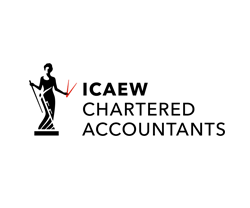January 13th, 2020
Pension contributions – can they help my tax bill?
We’re at the start of a New Year when naturally thoughts turn to taking stock of things and sorting out things that you may have spent the previous year procrastinating about.
Pensions can often fall into this category.
For the self-employed it is definitely a good time to think about pensions, you’ve probably got a good idea of your income forecast for 19/20 and there is still time to take action before the current tax year ends on 5 April 2020.
Pensions are a very tax-efficient saving tool.
If you’re a basic rate taxpayer, for every £80 you put into a pension, the government will add £20.
If you’re a higher rate taxpayer, on top of adding the £20 above, you extend your basic rate tax band by the gross contribution (ie £100 for our example above) so you pay £20 less in higher rate tax. Therefore for an £80 contribution you have received and additional £20 in your pension pot (courtesy of the government) and £20 has stayed in your own pocket from the reduction in your Self-Assessment bill.
If your earnings are in the £100-£125k bracket then your savings can be even more as a pension contribution can help keep you out of the 60% tax rate that you’ll suffer at this level of earnings due to the loss of personal allowance at a rate of £1 for every £2 over £100,000 you earn.
Another benefit of making a pension contribution can be to reduce your income to a level that means you retain any Child Benefit that you’ve received – this affects earners over £50,000.
There are limits to how much you can put into your pension each year.
If you’re operating via a Limited company then making pension contributions from your limited company can be highly tax efficient as not only do you extract funds from the company into your pension account without incurring any Self-Assessment charge, you also receive 19% corporation tax relief for the contribution you make.
Whether you’re self-employed or operating via a limited company, if you do decide to make a pension contribution then the money needs to have left the relevant bank account and been received into your pension account by the 5 April 2020.
If you think this tax planning can help your situation and you don’t currently have a pesnion in place please don’t hesitate to contact me and I can point you in the right direction – email me at lford@jonathanford.co.uk.





